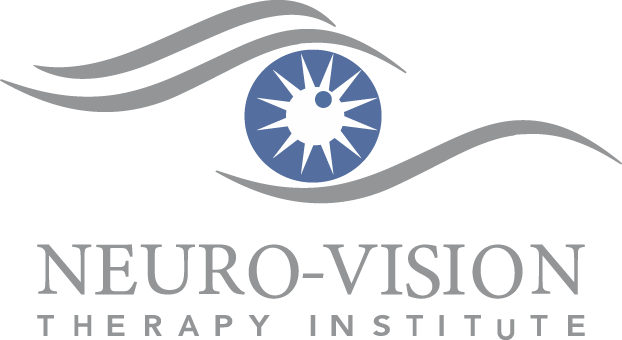What is the connection between vision and ADHD/ADD?
Children with learning difficulties may show a tendency of poor attention, poor self-control, and/or hyperactivity. A common diagnosis for these types of signs is Attention Deficit Hyperactivity Disorder (ADHD). However, children and adults are often misdiagnosed with ADHD when a vision condition is at the core of these behavior problems. The tests required to diagnose vision related learning issues are very rarely included in traditional vision screenings.
ADHD symptoms share many similarities as vision condition symptoms. The only way to differentiate ADHD from a vision condition is through a developmental Neuro-Vision Evaluation.
What are common vision symptoms that may be confused with ADHD?
- Poor attention and concentration
- Slow at completing tasks
- Poor reading abilities
- Problems with math
- Poor handwriting skills
- Skipping lines while reading
- Letter or number reversals
- Eye strain
- Headaches
- Double vision
- Closing an eye while reading
If you or a loved one experience any of the above symptoms, a Neuro-Vision Evaluation conducted by a Neuro Optometrist is the only means of getting a clear and accurate diagnosis. If you’re interested in better understanding the seriousness and severity of the symptoms you or a loved one are experiencing, we encourage you to take our Vision Symptom Quiz.
How can you tell if a child or adult has a vision condition, ADHD, or both?
The #1 symptom of a vision condition in children is avoidance of tasks that are difficult. ADHD, similarly, also can cause avoidance of certain tasks. Convergence insufficiency can cause blurry vision, double vision, eyestrain, fatigue,and other issues with reading and near work. Those symptoms make reading challenging and uncomfortable, which may lead a child to avoid tasks like reading. The avoidance can be mis-labeled as an attention issue, when it’s actually a vision problem.
Additionally, there is a 3x greater incidence of convergence insufficiency in children diagnosed with ADHD compared to children who do not have ADHD. Therefore, children benefit from a Neuro-Vision Evaluation that tests for convergence issues, since they are much more likely to have a vision problem.
How is an underlying vision condition treated?
Vision therapy successfully treats vision conditions that trigger ADHD symptoms. At NVTI, we create personalized neuro-vision therapy programs that help resolve the underlying vision condition that leads to inattention and avoidance of reading and learning-related tasks. Our neuro-vision therapy programs incorporate proven techniques and advanced technology, such as eye tracking and virtual reality for effective and enjoyable vision therapy sessions.
References
Granet DB, Gomi CF, Ventura R, Miller-Scholet A. The relationship between convergence insufficiency and ADHD. Strabismus. 2005 Dec;13(4):163-8.
Borsting E, Mitchell GL, Kulp MT, et al. Improvement in academic behaviors after successful treatment of convergence insufficiency. Optom Vis Sci. 2012;89(1):12–18. doi:10.1097/OPX.0b013e318238ffc3
Mueller B, Wells J, Baner N, Al. E. Visual Performance Testing in Children with Attention Deficit Hyperactivity Disorder. Poster Present Am Acad Neurol 2015 Annu Meet Washingt DC. 2015.

